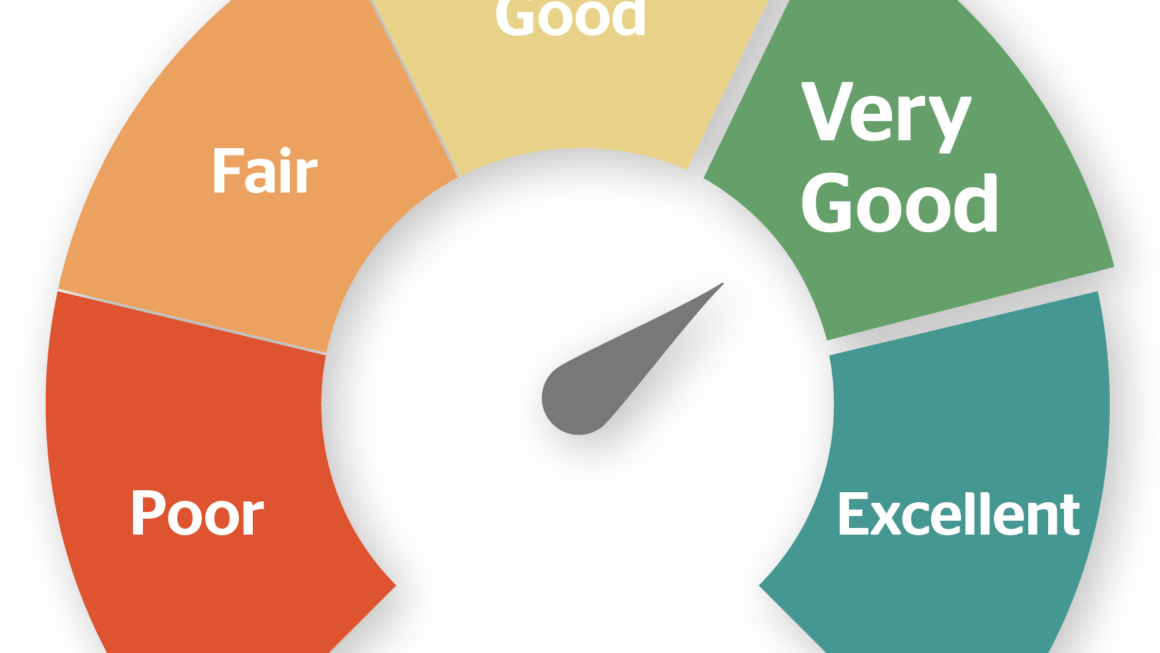Request for information (RFI) and Request for quotations (RFQ) are commonly used by companies in their B2B business dealings to get business from corporations and government organizations.
The process of procurement of goods and services is channelized through RFI and RFQ processes.
Both RFI and RFQ have their unique features, and business executives would gain the benefit of securing bid opportunities from knowing the distinct qualifications of each.
RFI and RFQ gather information from the vendors and act as tools to reduce risk, save money, and select the best vendor.
Here’s a quick guide to RFIs and RFQs for the project managers.
Request For Information
Companies use a questionnaire called a request for information to ask vendors about the products and services they are offering to the company. RFIs give a wide range of information to the company including, general information about the vendor and his products and services, market details, and solution ideas for planning.
Businesses send out RFIs instead of unstructured emails to gather information in a structured, organized, and easy to review form.
Basics of RFI
- RFIs offer a casual introduction to the vendors.
- They offer a general insight into the vendor landscape to the project managers.
- RFIs contain open-ended, high-level questions to the vendors.
- Project managers use RFIs in the early stages of the buying process to clearly define the project requirements.
How to Write an RFI
Project managers should keep in mind a few things while writing an RFI:
- Project managers should give context to the vendors in the RFIs. They should mention the challenges and goals of the business to help the vendors understand the business better.
- While writing an RFI, it is a healthy approach if project managers let vendors independently confirm the research they have conducted.
- Project managers need not make promises or commitments in the RFIs as it is written simply for the purpose of gathering information.
- RFIs are all about seeking the perspective and not the capabilities of the vendors.
- Project managers should be open to questions posed by the vendors, as it can bring valuable insight to the business.
- Several vendors can be approached through the RFIs. Executives can narrow down to the most suitable vendors as the selection procedure continues further.
Request For Quotations
A request for quotations is a written document that enlists the buying company’s needs to gather detailed pricing and payment proposals from vendors that help the business make decisions on vendor selection.
Buying companies issue an RFQ to look for the lowest price of goods and services they need to procure. Ideally, project managers should use RFQs only if they are aware of the marketplace offerings and conditions thus, they do not have a questionnaire like an RFI.
When a project manager writes an RFQ, it is automatically assumed that the purchase is imminent, and the needs enlisted in the RFQ usually never change.
Basics of RFQ
- RFQs give a detailed list of the company’s requirements.
- The needs listed in the RFQ are based on deliverables, pricing, and payment terms.
- Project managers write RFQs after they get a clear understanding of what they want.
- RFQs showcase a vendor’s ability to offer the requested goods and services.
- The vendor who offers the lowest pricing for the requested goods and services gets the deal.
How to write an RFQ
Project managers can keep the following points in mind while writing an RFQ:
- Project managers need to include an in-depth list of requirements and very little background information in the RFQ.
- The product requirements detailed in the RFQ should include the features and functionality expected in the product.
- The number of goods and the duration of service should also be written in the RFQ as per the project’s size and duration.
- The RFQ should inform the vendors of the expected delivery time of the goods or services.
- Project managers should also include the preferred payment terms and pricing table in the RFQ.
How an RFI is different from an RFQ
| Request For Information | Request for Quotation |
| Purpose: To get general information about vendors | Purpose: To get pricing and payment-related information from vendors |
| Asks: General questions | Asks: Questions about costing |
| Style: Casual | Style: Structured |
| Advantage: Give general information to help proceed further | Advantage: Give detailed pricing and payment information |
Project managers can outsource RFI and RFQ services to get support in various areas like qvidian alternatives, due diligence questionnaires, asset management, automation and knowledge management, etc.




Can you tell us more about this? I’d care to find out some additional information.